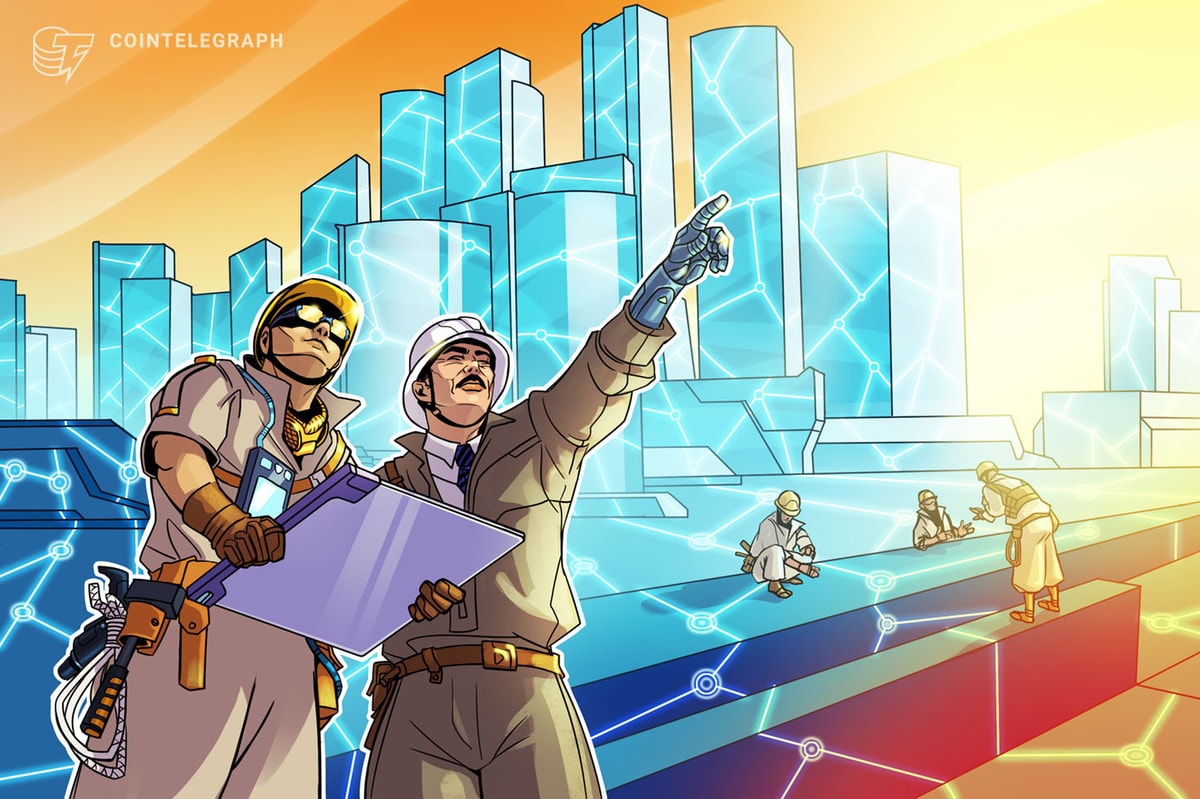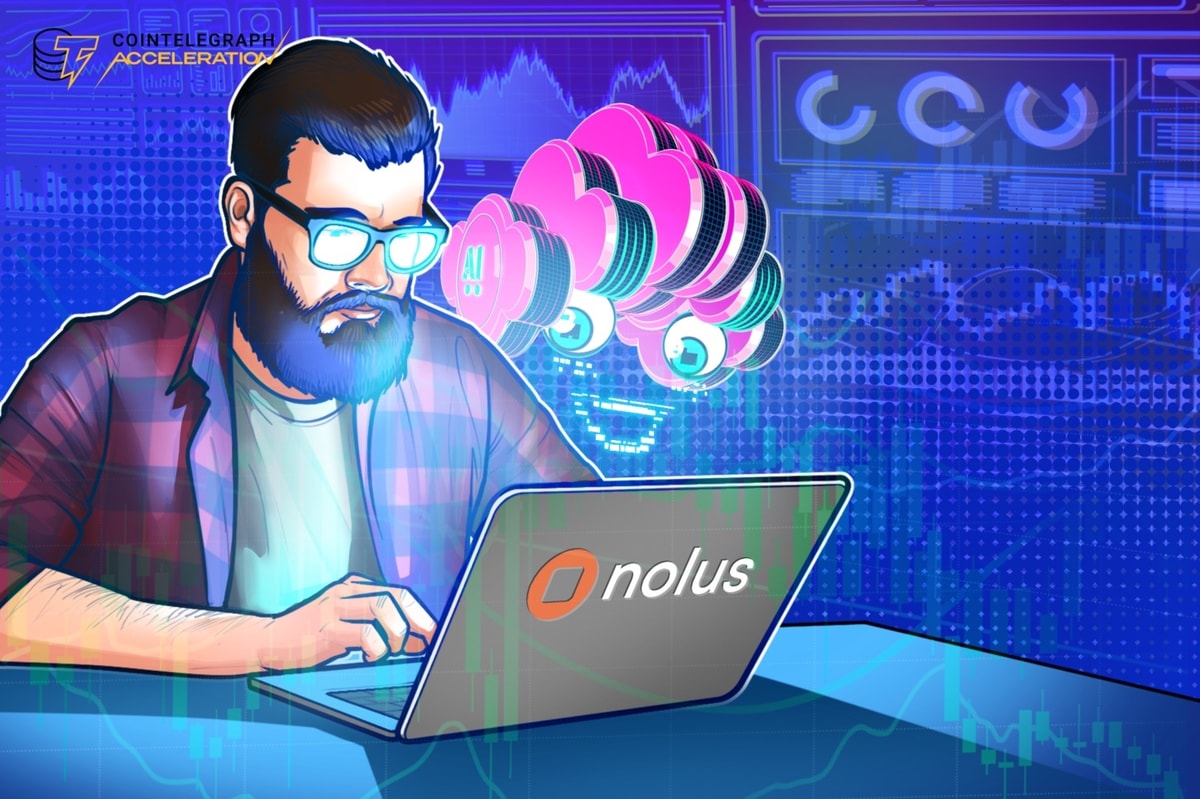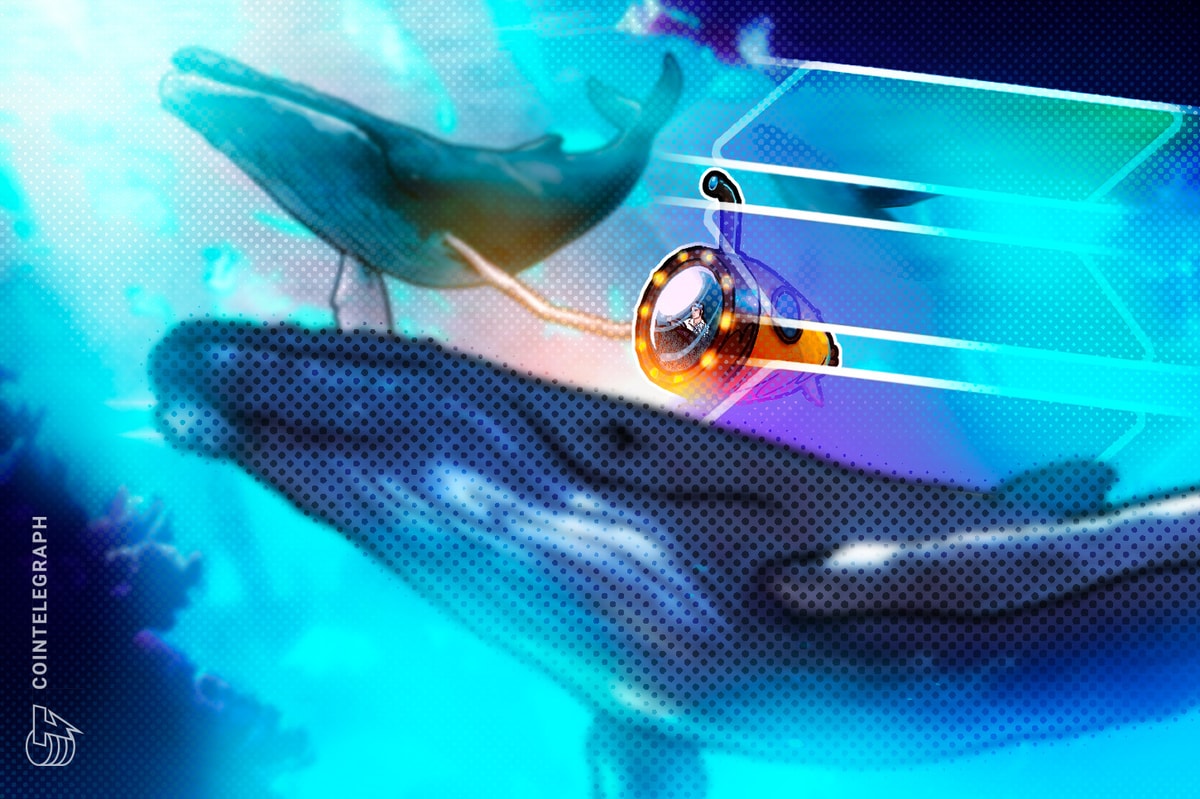Artificial intelligence (AI) is arguably the most impactful technology of recent years. People loved using AI to do homework, debug code, write a novel or create infinite fake videos.
Unsurprisingly, the technology has been enjoying exponential growth worldwide since 2022, and Statista expects no slowdown in the road till 2030 when the industry will close in on $740 billion dollars. Another report says more than one-third of businesses have already adopted AI in some form, and over 90% of organizations are pro-AI if it helps them gain a competitive edge in the market.
AI challenged by data
As with any technology trend being globally adopted at this rate, AI is also facing major obstacles. Aside from regulatory puzzles AI companies have to solve, the underlying technology — deep learning — poses a big challenge due to its “data-hungry” nature: AI learning models have numerous parameters to be adjusted as part of their “training” to give the best results for any question.

The global AI market is expected to grow at an impressive rate. Source: Statista
This requires vast amounts of data to train AI systems. And the volume of data itself is not the only problem. AI needs an unprecedented amount of bulk data that is obtained with consent and can be transparently sourced, tracked and aggregated from a human workforce — features that are infamously absent in many traditional data collection methods.
Additionally, onboarding users to contribute data can be complex and cumbersome, deterring widespread participation.
Blockchain simplifies data for AI
Blockchain offers an alternative to this top-down approach to data collection. By giving users data ownership, Web3-powered technologies like non-fungible tokens (NFTs) can help users have complete control over how their data is collected, incentivizing them in the process.
Blockchain technology also ensures data integrity and provenance. AI algorithms require high-quality data to produce reliable results. Blockchain’s transparent and traceable nature allows for the verification of data sources, ensuring that the information fed into AI models is accurate and trustworthy. This traceability also aids auditing and compliance, providing a clear record of data transactions and transformations.
AI meets gaming on blockchain
One industry AI has yet to scratch the surface is gaming, a market that was estimated to generate almost $350 million in revenue in 2022. From improvements in game development to advanced analytics and player insights, AI holds immense potential for the gaming ecosystem.
On the players’ side, a more engaging and personalized gameplay experience would transform how games are played. AI can also significantly enhance security and ensure fair play within online gaming communities.
This is why Itheum, a decentralized data ownership platform known for its Data NFT technology, has announced that the team has realigned to focus on the gaming AI industry as “Data for the AI Era.”
As the first step toward becoming a Gaming AI-focused platform, Itheum — a Cointelegraph Accelerator participant — has showcased a proof-of-concept product called Gamer Passport at Sony Demo Day in Tokyo as part of the Sony Web3 Accelerator.
Gamer Passport aims to utilize blockchain and AI to enable gamers to tokenize their mainstream gaming data as Data NFTs, which aims to transform data management, ownership and exchange with security and transparency. Users will then aggregate these tokenized data sets and make them available as a bulk data pool for gaming AI companies.
Building a human workforce for data
Dedicated human workforces in the data collection and sharing process are crucial for supplying high-quality data sets for the AI industry, as AI systems require vast and accurately sourced data to function effectively. Itheum’s approach aligns perfectly with its tagline, “Data for the AI Era,” emphasizing the role of human participation in generating valuable data.

Source: Itheum
To ensure data quality and integrity, Itheum introduces the concept of Liveliness Scores, which are achieved by locking ITHEUM tokens — the native token of the Itheum protocol — for a specific period. A high Liveliness score is essential to prove genuine human behavior, distinguishing it from bot activity.
Additionally, bonding ITHEUM tokens increases user reputation and incentivizes positive participation within the ecosystem. This process builds Web3 reputation and underscores the utility of Itheum’s token in maintaining a robust and reliable data network.

Source: Itheum
Omni-chain expansion
As part of his announcement, Itheum founder Mark Paul underscored that the team has always envisioned Itheum as a multichain data protocol. With Itheum V2, this approach will be taken a step further with the introduction of the omni-chain expansion. Abstracting its technology across multiple chains, Itheum will ensure broader accessibility and utility. ITHEUM token will also become a multichain token with the upgrade.
The protocol’s initial expansion into the Solana network demonstrates this commitment, with Data NFTs already operational on the Solana blockchain. The ITHEUM token bridge between MultiversX and Solana further exemplifies this seamless integration, enabling users to transact effortlessly across different blockchain ecosystems.
Itheum’s strategic partnerships play a crucial role in enhancing its solutions. Collaboration with key players in the gaming and AI industries ensures that the protocol remains aligned with industry needs and standards. The participation in the Sony Web3 Accelerator is a testament to Itheum’s commitment to innovation and industry relevance.
AI-enhanced gaming
The technical aspects of Itheum V2 underscore its potential to bring a new approach to the gaming industry. The protocol’s infrastructure supports the transparent sourcing, tokenization and trading of data, ensuring that data is obtained with consent and can be traced back to its origin. The Gamer Passport aims to enhance the quality of AI-driven gaming experiences while rewarding gamers for their contributions.
GM! Just pitched #ItheumV2 at @SolanaSummitOrg and we were finalists at the hackathon. @itheum’s Omni-Chain expansion and “Data for the #AI Era” pivot is officially going live very soon - stay tuned 👀 pic.twitter.com/JAug0o4pRa
— Mark Paul (@ThisIsMarkPaul) June 22, 2024
The future of Web3 gaming, powered by Data NFTs, looks bright and promising. Itheum’s vision for the AI era encompasses continuous innovation and expansion. The protocol aims to simplify onboarding processes, making it easy for everyone to contribute data and benefit from the same ecosystem. With a clear focus on the Gaming AI industry, Itheum is set to accelerate the adoption of AI-driven gaming experiences, creating a more immersive and personalized gaming environment.
Disclaimer. Cointelegraph does not endorse any content or product on this page. While we aim at providing you with all important information that we could obtain in this sponsored article, readers should do their own research before taking any actions related to the company and carry full responsibility for their decisions, nor can this article be considered as investment advice.












